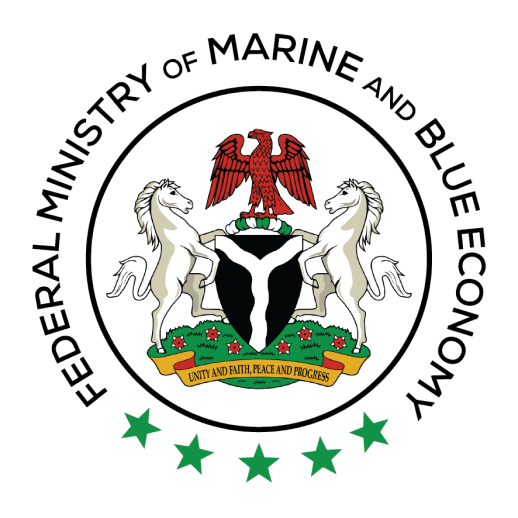Delta State Governor, Rt. Hon. Sheriff Oborevwori, has lauded President Bola Ahmed Tinubu for establishing the Federal Ministry of Marine and Blue Economy, describing the move as a strategic masterstroke that will fast-track Nigeria’s economic transformation and diversification.
Speaking through his Deputy, Sir Monday Onyeme, FCA, on Monday in Asaba during a courtesy visit by participants of the Senior Executive Course (SEC) 47, 2025 of the National Institute for Policy and Strategic Studies (NIPSS), Kuru, Governor Oborevwori noted that Nigeria stands on the threshold of unlocking the untapped wealth of its vast marine resources.
He emphasized that the blue economy, comprising maritime transport, fisheries, aquaculture, ocean energy, marine biotechnology, and coastal tourism, holds the key to sustainable development and economic prosperity if properly harnessed. He urged the NIPSS delegation to develop actionable policies that will reposition the sector as a core revenue generator for the nation.
“The creation of the Federal Ministry of Marine and Blue Economy is a commendable and visionary move by President Tinubu. It marks a new era of economic diversification and sustainable development,” Oborevwori stated.
Quoting the World Bank’s 2017 definition of the blue economy as “the sustainable use of ocean resources for economic growth, improved livelihoods, and jobs while preserving the health of ocean ecosystems,” the governor pointed out that many nations have built thriving economies from their maritime assets, yet Nigeria is only beginning to scratch the surface.
Read Also:
- Gov. Oborevwori presents staff of office to Efrurun-Otor monarch
- Gov. Oborevwori pledges stronger support for artisans in Delta State
- Delta APC dismisses report on Oborevwori’s 2027 bid, labels it desperate propaganda
He described the NIPSS 2025 study tour theme: “Blue Economy and Sustainable Development in Nigeria: Issues, Challenges, and Opportunities” as timely and crucial to the nation’s future, especially for coastal states like Delta with extensive marine biodiversity and untapped economic value.
Delta State, he said, boasts over 160 kilometers of coastline and an intricate network of rivers, creeks, and estuaries forming part of the Niger Delta. These water bodies are rich in aquatic species such as the Lesser African Threadfin, blue mussels, crabs, and other marine life that can support sustainable fishing, aquaculture, and ecotourism.
Oborevwori highlighted the recommendations of the Delta State 2023 Transition Committee, which called for the establishment of a technical committee to engage stakeholders, especially the Federal Government and private investors, to revive the state’s four major ports: Koko, Warri, Burutu, and Sapele. He said revitalizing these maritime hubs is essential for job creation, trade expansion, and regional economic growth.
He called on NIPSS to prioritize key components of the blue economy in their policy frameworks, including marine transportation, coastal tourism, offshore renewable energy, and blue innovation sectors such as marine biotechnology and oceanography. Oborevwori also stressed the need to amend Nigeria’s 1999 Constitution, which places maritime navigation on the Exclusive Legislative List, thereby limiting state participation in exploiting their waterways.
“Delta State is actively investing in initiatives around transportation and trade, fishing and aquaculture, boat building, coastal festivals, local gin production from raffia palm, and offshore oil exploration. These are all vital contributors to our emerging blue economy,” he added.
He assured the NIPSS team of the state government’s full cooperation and said the delegation would receive detailed briefings on the state’s marine development strategy, as well as site tours to blue economy-relevant locations.
Earlier, the leader of the NIPSS delegation, retired Deputy Inspector-General of Police, DIG Leye Oyebade, described the Senior Executive Course as the apex national think-tank responsible for shaping strategic policy direction for the country. He noted that the 2025 course theme focuses on unearthing the challenges and prospects of Nigeria’s blue economy and providing comprehensive policy recommendations for federal and state adoption.
Oyebade said, “Our mandate is to conduct an in-depth study of the blue economy and generate ideas that will help the nation pivot towards this new frontier for inclusive and sustainable development.”
With rising interest in marine-based wealth and strategic federal backing, Governor Oborevwori expressed optimism that the blue economy would soon emerge as a critical pillar of Nigeria’s economic future.
